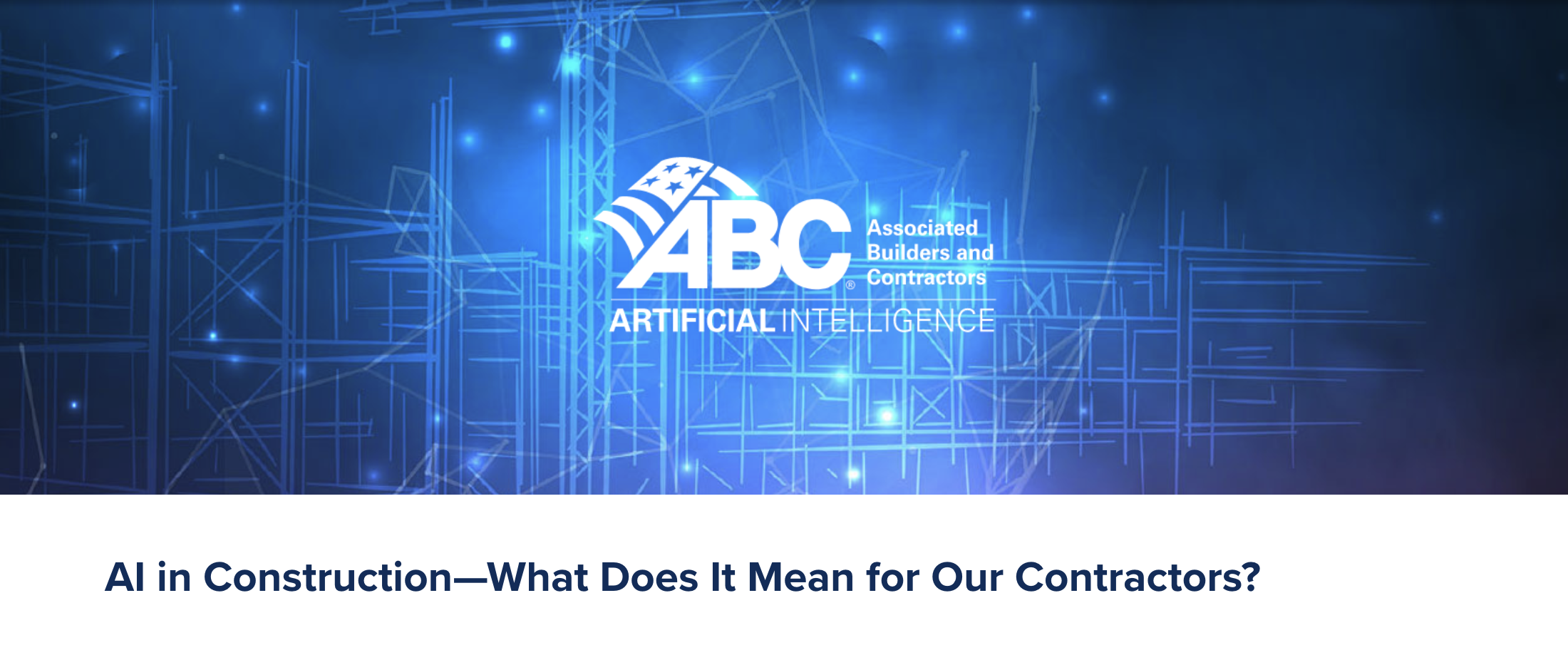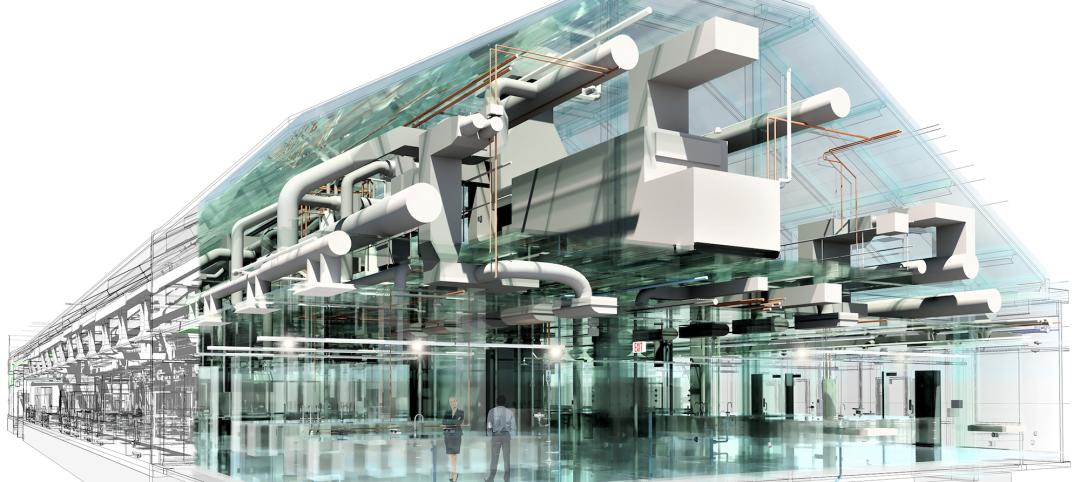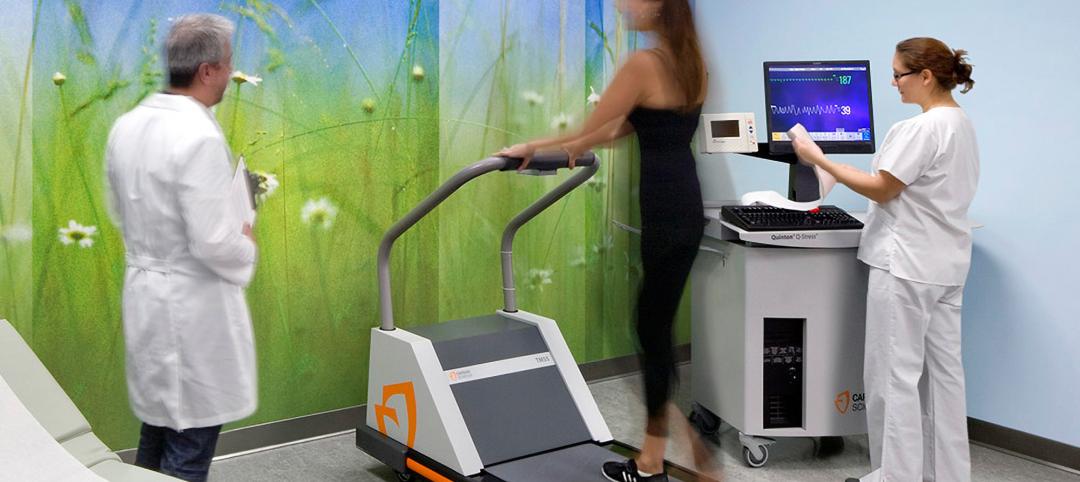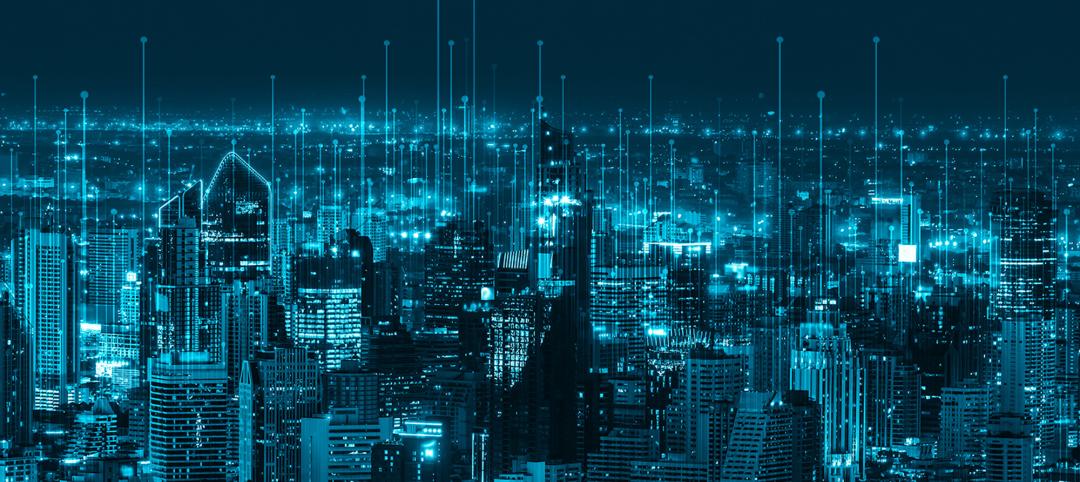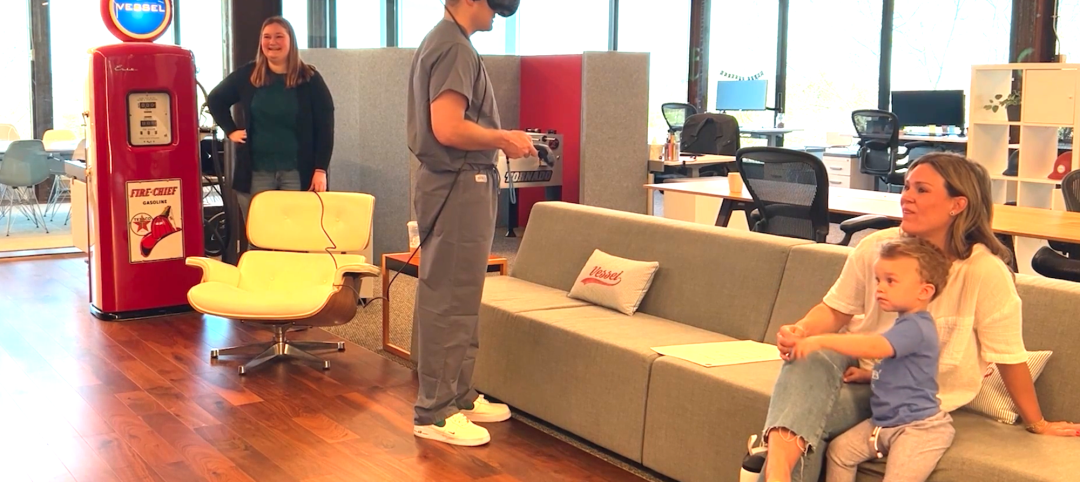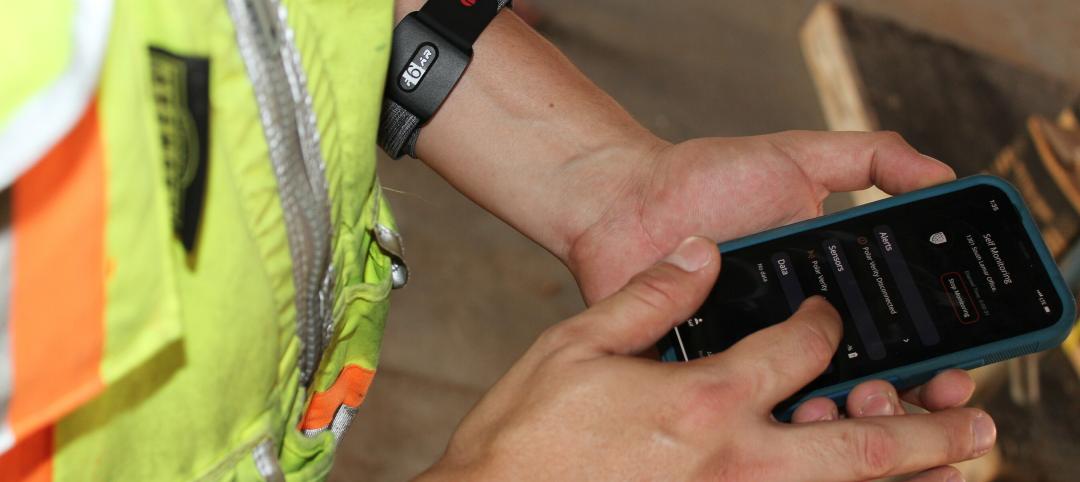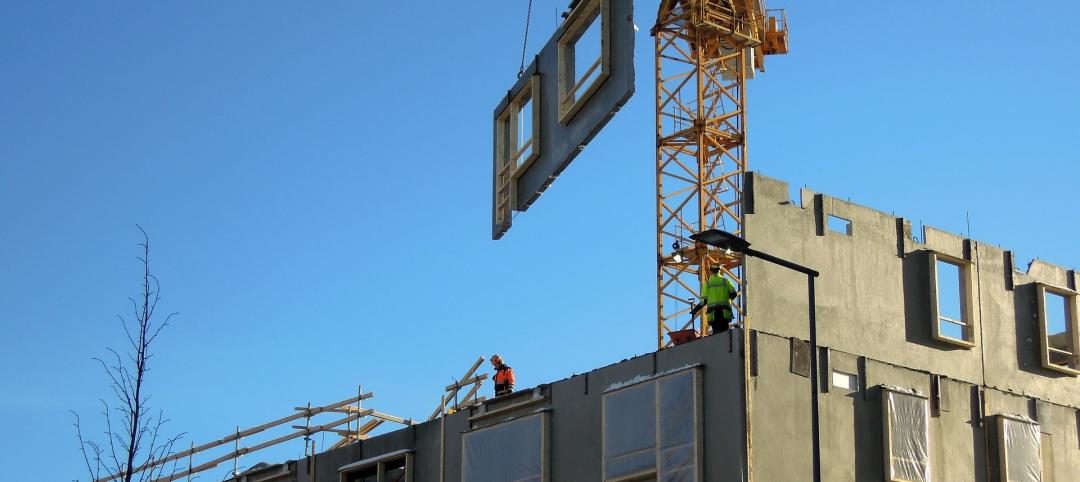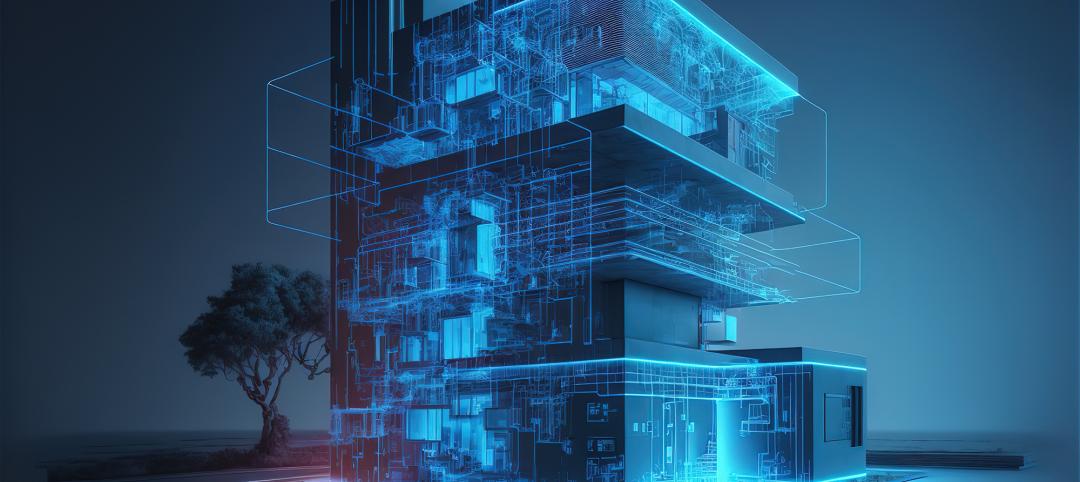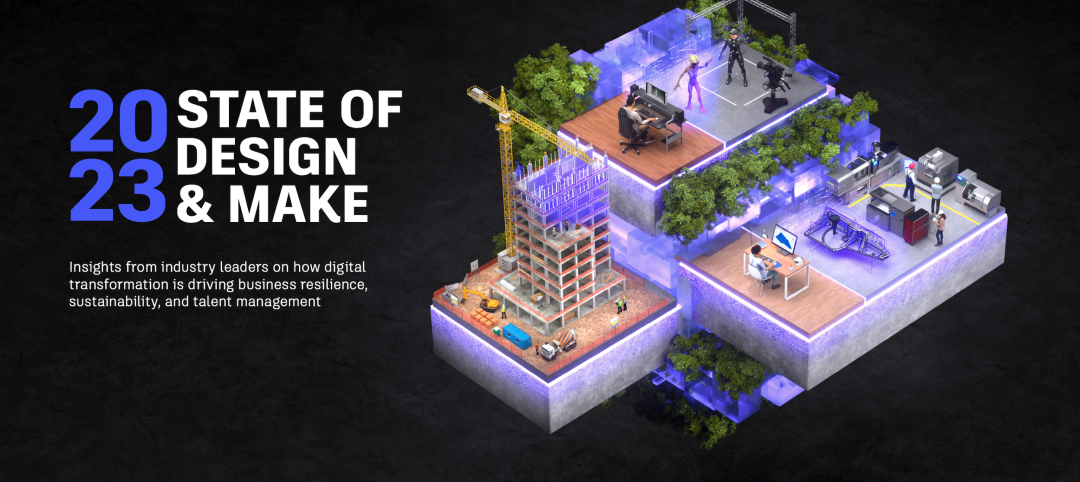Associated Builders and Contractors has released an artificial intelligence (AI) technology guide for the U.S. construction industry. AI in Construction — What Does It Mean for Our Contractors? outlines definitions, construction use cases, and considerations for the implementation of AI in construction.
“The purpose of the guide is to provide a level of knowledge to ensure contractors can be active participants in the construction AI conversation,” according to Associated Builders and Contractors.
The guide describes uses of AI during the construction project lifecycle, including preconstruction, construction, and building maintenance. It also provides definitions of terms such as deep learning and predictive AI, as well as best practices in drafting office AI policies.
“The possibilities of AI technology may sound endless, but we must first educate ourselves on the basics, and this resource is a starting point to understand AI and its potential impact on the construction industry,” said Patrick Scarpati, ABC Director of Construction Technology and Innovation. “The industry has immense opportunities to evaluate how we can better deliver projects, and we can lean on AI in achieving essential goals like upskilling, workforce development, knowledge transfer, supply chain optimization, enhanced safety design and planning, and much more.”
Use cases for AI in construction
The guide offers more than 20 uses cases and project management impacts across preconstruction, construction, and building maintenance, including:
Predictive Analytics: Analyze historical project data and current conditions to optimize construction schedules, resource allocation and task sequencing.
Supply Chain: Throughout the procurement process for self-performing contractors, artificial intelligence will empower the purchasing team to quickly identify availability and best pricing within a certain region.
Contract Review: Empower legal teams to quickly identify critical risk factors in construction contracts
Computer Vision/Intelligent Site Monitoring: Increase safety and security on jobsites. Through machine learning, video footage is trained to detect things like the number of workers entering/exiting the jobsite, workers in proximity of heavy construction machinery and even safety violations, such as the lack of face protection while saw-cutting concrete
Energy Management: Analyze energy usage patterns and optimize HVAC systems to reduce energy consumption and overall costs
Predictive Maintenance: Through the expanded use of building automation and control networks, AI can predict when building equipment is likely to fail, allowing for a proactive response.
According to ABC, “This resource is meant to act as a starting point in your journey to understand AI and its potential impact on the construction industry. By reading through definitions, construction use cases and considerations, the reader should walk away with a level of knowledge to ensure they can actively participate in future conversations on AI in construction.”
Related Stories
Digital Twin | Jul 31, 2023
Creating the foundation for a Digital Twin
Aligning the BIM model with the owner’s asset management system is the crucial first step in creating a Digital Twin. By following these guidelines, organizations can harness the power of Digital Twins to optimize facility management, maintenance planning, and decision-making throughout the building’s lifecycle.
Designers | Jul 25, 2023
The latest 'five in focus' healthcare interior design trends
HMC Architects’ Five in Focus blog series explores the latest trends, ideas, and innovations shaping the future of healthcare design.
Digital Twin | Jul 17, 2023
Unlocking the power of digital twins: Maximizing success with OKRs
To effectively capitalize on digital twin technology, owners can align their efforts using objectives and key results (OKRs).
Standards | Jun 26, 2023
New Wi-Fi standard boosts indoor navigation, tracking accuracy in buildings
The recently released Wi-Fi standard, IEEE 802.11az enables more refined and accurate indoor location capabilities. As technology manufacturers incorporate the new standard in various devices, it will enable buildings, including malls, arenas, and stadiums, to provide new wayfinding and tracking features.
Virtual Reality | Jun 16, 2023
Can a VR-enabled AEC Firm transform building projects?
With the aid of virtual reality and 3D visualization technologies, designers, consultants, and their clients can envision a place as though the project were in a later stage.
AEC Innovators | Jun 15, 2023
Rogers-O'Brien Construction pilots wearables to reduce heat-related injuries on jobsites
Rogers-O'Brien Construction (RO) has launched a pilot program utilizing SafeGuard, a safety-as-a-service platform for real-time health and safety risk assessment. Non-invasive wearables connected to SafeGuard continuously monitor personnel to prevent heat exhaustion on jobsites, reducing the risk of related injuries. RO is the first general contractor to pilot this program.
Contractors | May 26, 2023
Enhanced use of data is crucial for improving construction job site safety
Executives with major construction companies say new digital tools are allowing them to use data more effectively to reduce serious safety incidents and improve job site safety.
AEC Tech Innovation | May 12, 2023
Meet Diverge, Hensel Phelps' new ConTech investment company
Thai Nguyen, Director of Innovation with Hensel Phelps, discusses the construction giant's new startup investment platform, Diverge.
AEC Tech | May 9, 2023
4 insights on building product manufacturers getting ‘smart’
Overall, half of building product manufacturers plan to invest in one or more areas of technology in the next three years.
Sustainability | May 1, 2023
Increased focus on sustainability is good for business and attracting employees
A recent study, 2023 State of Design & Make by software developer Autodesk, contains some interesting takeaways for the design and construction industry. Respondents to a survey of industry leaders from the architecture, engineering, construction, product design, manufacturing, and entertainment spheres strongly support the idea that improving their organization’s sustainability practices is good for business.


